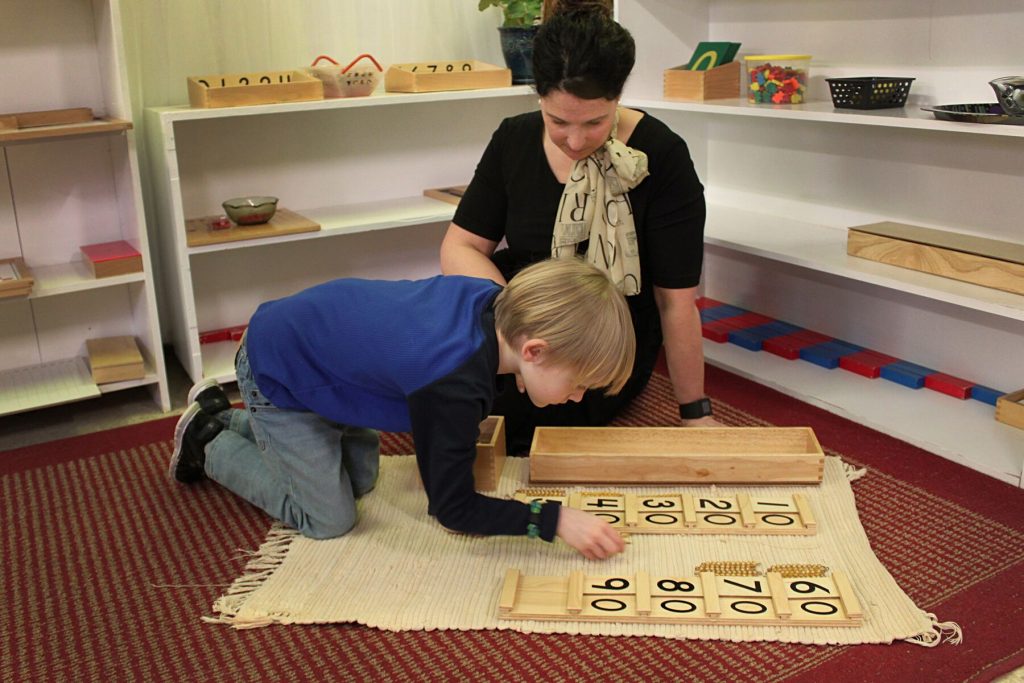I often wonder if and how my life would be different had I been a student of Montessori learning. Would my own work habits today, my struggles with focus or discipline – organization even – be easier to manage if I had learned different methods of learning? It’s a difficult question, one that most likely involves responsibility as much as putting a finger on the source.
For the most part, I’m really fond of my childhood school years. I had great teachers, made good friends – had great experiences. But not until university did I recognize the importance of wanting to learn as opposed to having some head knowledge. School, up until then, consisted of sitting at desks and doing work with intermittent breaks for play or outside activity. It was an effective pattern for large class sizes, but not necessarily conducive to fostering discovery. I got away with having a quick mind, but very little work ethic.
Motivation and initiative don’t come easy for me, and I think in part, this is due to how I was taught.
The emphasis of public school systems has always been on establishing “what” a kid knows by the time they exit the system: namely, testing and memorization, knowing the “what’s” of the world. The problem is, it can lead to a certain complacency; a premature contentedness with the status quo. The answer to a problem is good enough, overshadowing the necessity of why and how the answer was arrived at.
At a desk, a child is fed information that he or she accepts. Moving around in a Montessori classroom, the child discovers that very same information in a personal way that inspires them to learn more. They are their own architects, artists, mathematicians, actively seeking out the reasons for an answer, not just what the stated answer is. They learn to understand important qualities like grace, love, compassion, integrity because they actively put them to use.
The difference is monumental, especially when implemented in those formative years for children. They have the opportunity to carry this sense of discovery into later years of learning, when their success at doing what they love could very well be contingent upon how intuitive they are at understanding it.
Something I’m more keenly aware of when confronted with my own idiosyncrasies all these years later.
– Harry Tournemille
